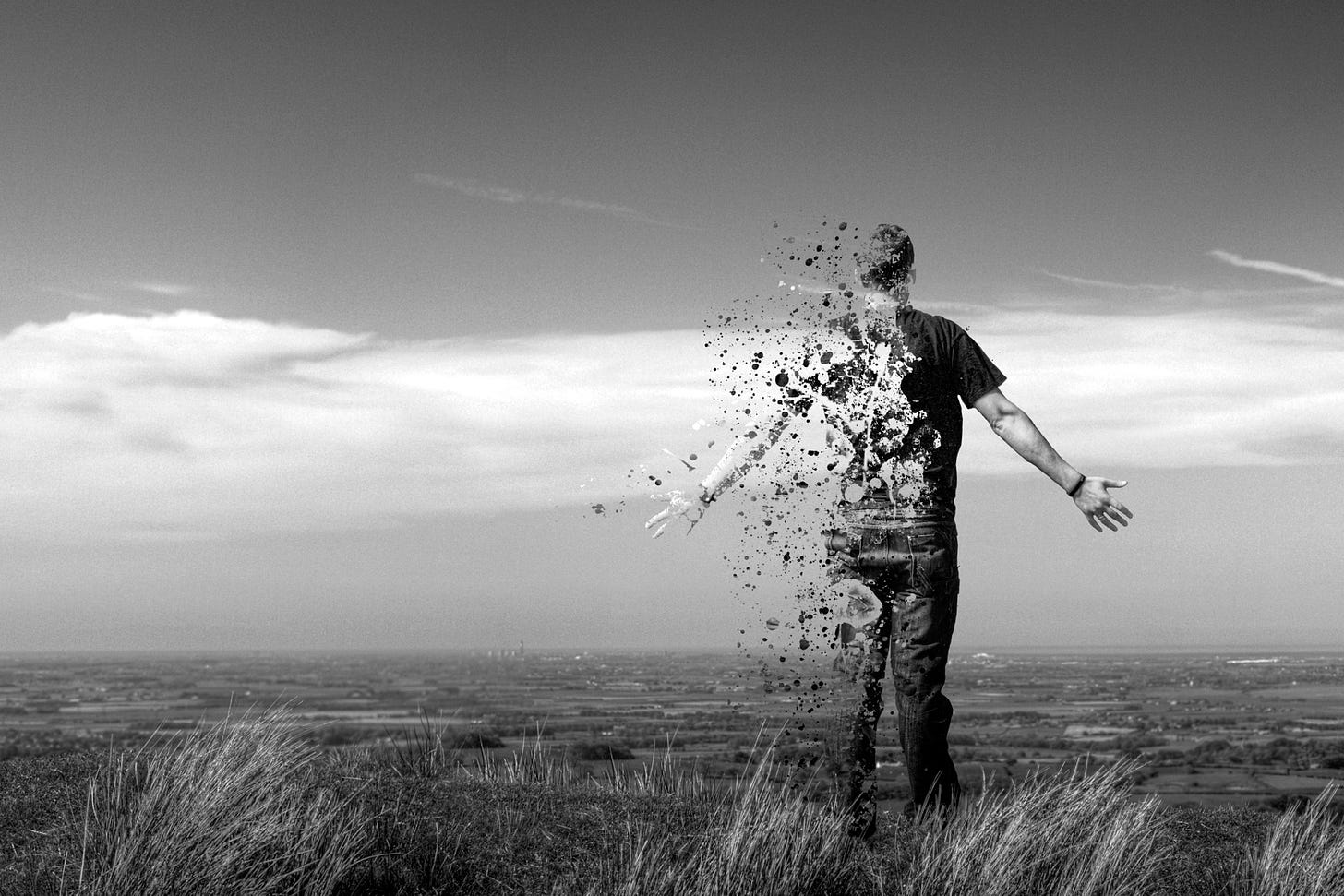Comments were inadvertently off on this post initially. I've turned them on.
I’m supposed to feel fragile. I’m supposed to be beset with fears of feeling replaced and angered over a relative loss of social standing, at least as determined by my race and gender. After all, #MasculinitySoFragile, or so social media says, and America’s bestselling race expert Robin DiAngelo wrote a whole book about how white people are fragile. The racial upheaval of recent years and my relative loss of white privilege as people of color ascend are supposed to confuse and scare me. I’m supposed to feel that my grasp on manliness is slipping away as women make continued advances in the workplace, in political office, and in our education system. Masculinity is in crisis! Books say so. TV shows say so. Movies say so. Music says so. Documentaries say so. And white people are supposedly terrified of living in an increasingly-brown United States. (Whiteness’s value, to put it in actuarial terms, is depreciating.) So you’d expect me to feel the fragility I’m so often told I should feel.
But I don’t feel fragile. I mostly bumble along with my usual clueless cheeriness. Honestly, it never would even really occur to me to think in those terms, as an avatar of white maleness. When people talk about white male fragility explicitly and force me to think about it, the concept seems quite foreign to my lived experience. I know - that’s just what someone who’s fragile would say! Well, I can only tell you the truth, which is that I don’t feel as if my place in the world is threatened. I don’t feel like my privileges, in the more tangible and individual sense or the airier ideological sense, are in danger of slipping away. And both the constant insistence that I should feel fragile and the overstated consequences of those feelings reflect a 21st-century political environment in which vibes rule, to the detriment of change.




